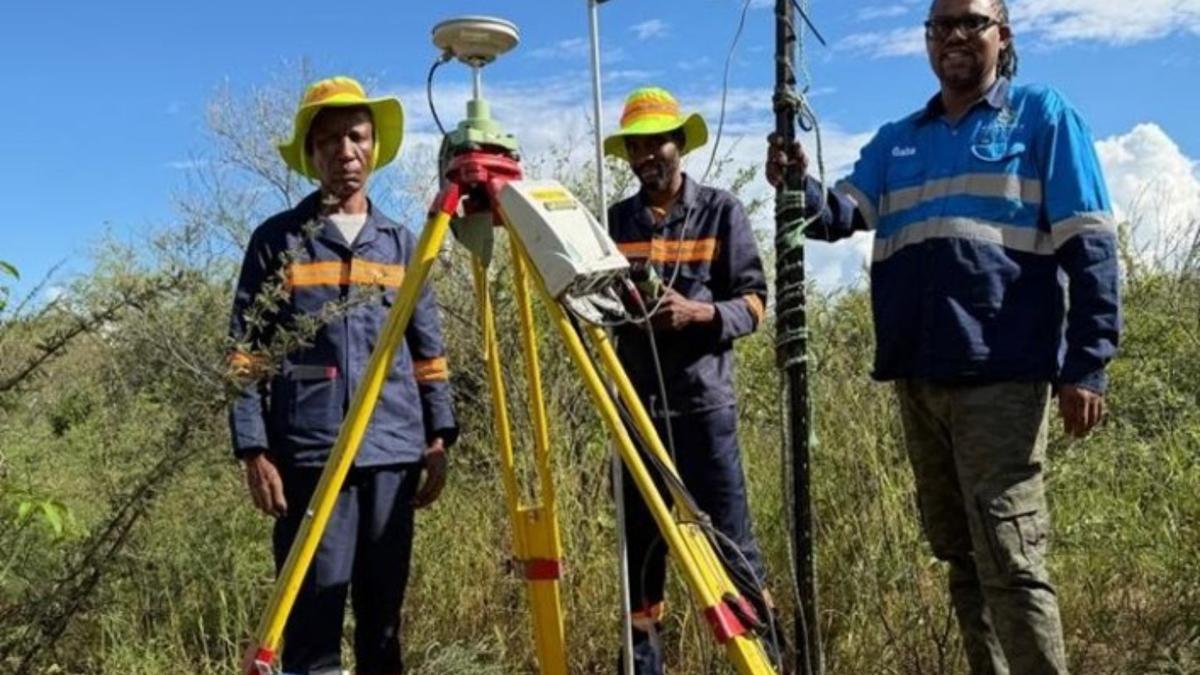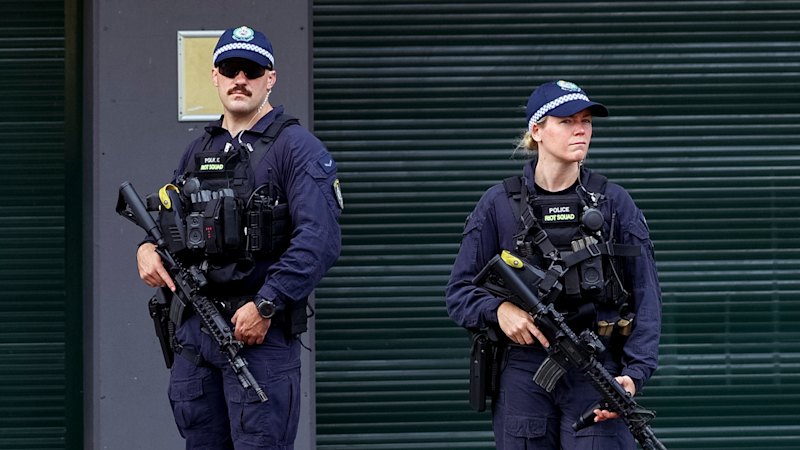
The former Greens candidate Hannah Thomas has been charged with resisting police following an incident at a pro-Palestinian protest in Sydney. The protest, which took place in Belmore, resulted in Thomas sustaining facial injuries during her arrest on Friday morning. She was subsequently taken to hospital for treatment.
Thomas, who previously ran against Anthony Albanese in the Sydney electorate of Grayndler, is facing charges of hindering or resisting a police officer and failing to comply with a direction to disperse. New South Wales police issued a statement on Sunday evening confirming that a 35-year-old woman had been given a future court attendance notice. Thomas is scheduled to appear at Bankstown local court on August 12.
Thomas Speaks Out from Hospital
In a video shared on social media, Thomas expressed gratitude for the support she has received from her community. She also revealed the severity of her injuries, stating there is a possibility she could permanently lose vision in her right eye.
“I’ve been very lucky to have been looked after so well,” Thomas said in an Instagram post recorded at Bankstown hospital. “I don’t want to get into too much detail about the traumatic events on Friday but I’m five-foot-one, I weigh about 45kg, I was engaged in peaceful protest … My interactions with NSW police have left me potentially without vision in my right eye permanently.”
The protest was held outside a business accused of supplying services to the Israeli defense sector. The demonstration is part of a broader international campaign urging countries to halt the supply of F-35 fighter jets to Israel. SEC Plating, the company at the center of the protest, denied involvement with the F-35 program, stating they do not service components related to the jets.
Calls for Investigation and Legal Reform
The incident has sparked calls for an investigation into police conduct. NSW Greens MP and justice spokesperson, Sue Higginson, criticized the police’s actions, linking them to recent legislative changes.
“The level of impunity the police displayed doesn’t come from nowhere,” Higginson stated on Monday. “It’s written there in black and white – a direct reference to the anti-protest laws rushed through the NSW Parliament.”
Higginson urged for a reversal of what she described as an “agenda of intolerance and anti-protest measures.” The laws in question have been controversial, with critics arguing they stifle freedom of expression and peaceful assembly.
Context and Broader Implications
This development comes amid heightened tensions surrounding international military relations and local protest rights. The anti-protest laws in New South Wales, passed earlier this year, have been a point of contention among civil rights groups. They argue these laws disproportionately target peaceful demonstrators and grant excessive power to law enforcement.
Historically, Australia has seen a robust tradition of protest, with movements ranging from environmental activism to indigenous rights. The current legal framework, however, has been criticized for undermining this tradition. Comparisons have been drawn to similar measures in other democracies, where the balance between security and civil liberties remains a contentious issue.
As Thomas prepares for her court appearance, the case is likely to draw significant public and media attention. It raises critical questions about the role of protest in democratic societies and the boundaries of police authority.
Moving forward, the outcome of Thomas’s legal proceedings could set a precedent for future protests in New South Wales. It also highlights the ongoing debate over the balance between national security interests and individual rights.
As the situation unfolds, stakeholders from various sectors will be closely monitoring developments, particularly in the context of global movements advocating for human rights and political freedoms.






